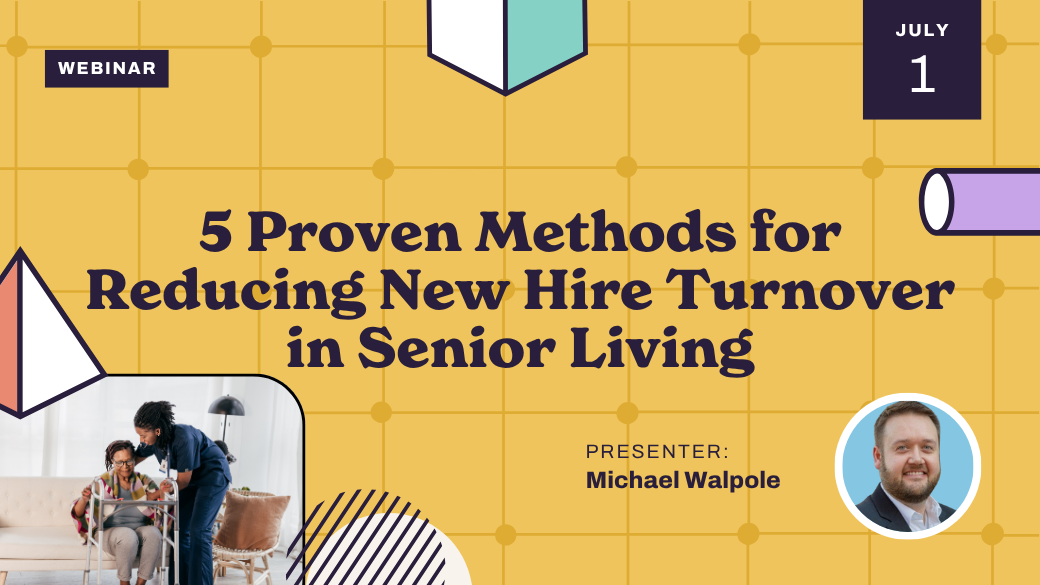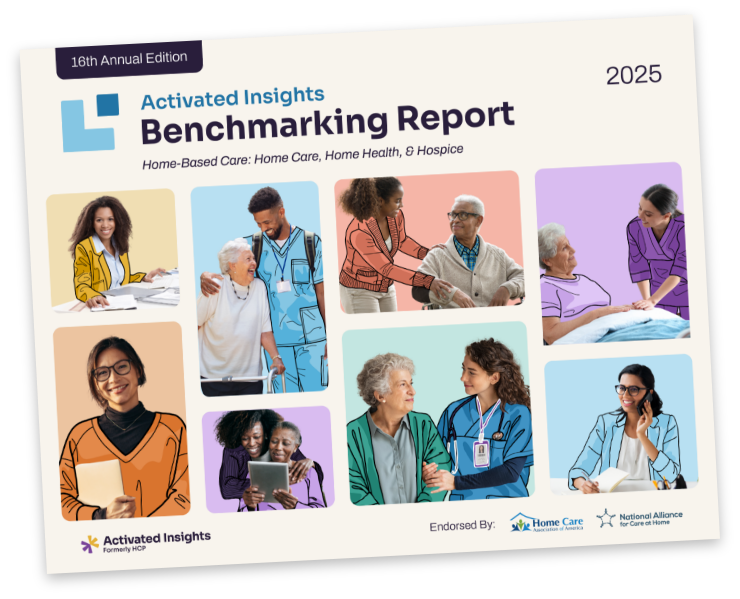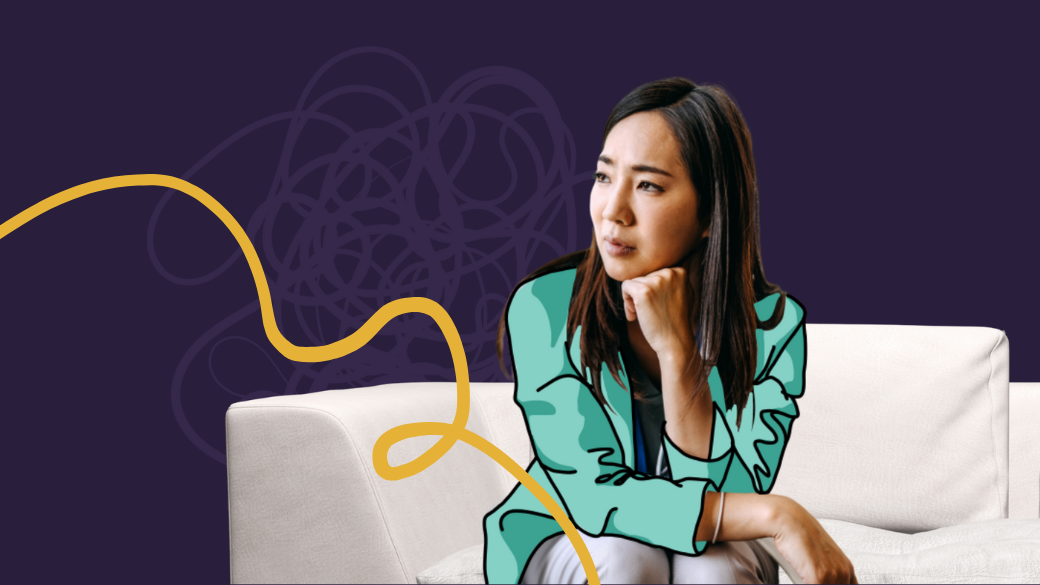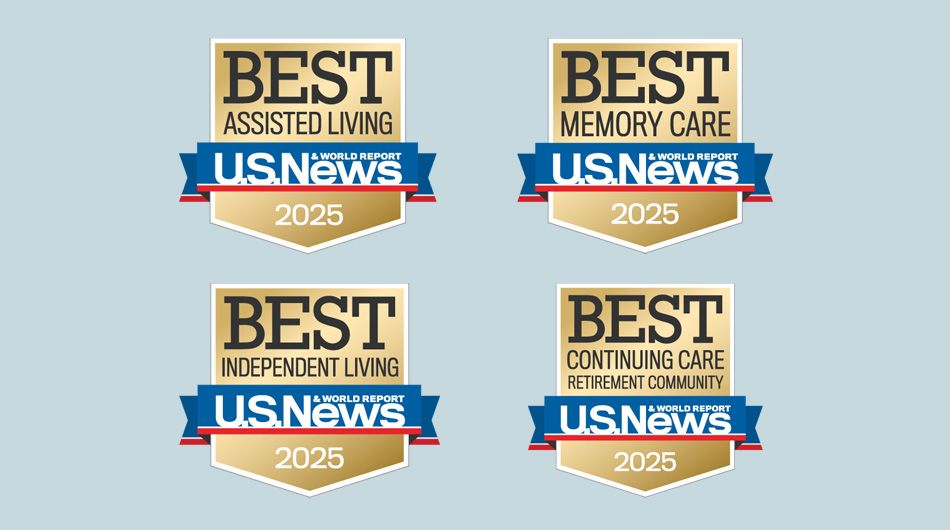Home health providers are at a significantly higher risk for HIPAA violations. Here’s how you can better protect your clients and caregivers from falling victim to the 289,000 privacy complaints made this year.
I can see the familiar face of my family member’s first caregiver in my mind’s eye now. She was there to help with my family’s ADLs, and she did an excellent job of that. But she was becoming more than a caregiver.
She was becoming a part of our family. We shared stories, snacks, and our favorite delicious recipes with each other. We baked cookies for her return each shift.
The only thing that reminded us that she was our home health professional was her unwavering dedication to privacy when performing our family member’s care tasks. She did not answer questions about other clients, and she consistently provided that same privacy to my family member when appropriate health-related questions needed to be answered.
Because of our close relationship with her, our caregiver had access to more information than what was available in our care plan. The information could have been innocently shared with other family members and friends, breaking our privacy agreement with her employer.
Home Health and HIPAA at Odds: Navigating Compliance
The Health Information Portability and Accountability Act, widely known as HIPAA, is an essential federal law that includes a set of national standards to assist in keeping patients’ medical records and personal information private outside of disclosures necessary to provide excellent care. These checks and balances keep patients and clients safe and help define the professional relationship expected of healthcare providers.
Familiar surroundings and a comfortable environment are some of the unique factors that make home health care desirable. However, they also leave home health providers much more exposed to HIPAA violations than traditional medical settings.
Many violations of HIPAA laws occur not out of malice, but out of innocent curiosity and close personal relationships. The very goal of home health (allowing the client to stay in the home environment while being cared for professionally) can also hinder compliance with HIPAA. By January 31st, 2022, the U.S. Department of Health and Human Services had received over 289,000 privacy complaints related to HIPAA violations.
Accidents, Not Malice: Home Health’s HIPAA Pitfalls
Caregivers are trained to keep their clients safe, including protecting their private medical information; however, this unrestricted access to the client at home can make maintaining privacy a challenge. Caregivers may not have access to the client’s complete medical record, but they do have access to the plan of care, medical diagnosis, allergies, medications, and healthcare providers. Throughout the day, caregivers may come in contact with well-wishing family members, friends, neighbors, and community contacts who have innocent questions about the client’s condition.
Knowledge of these unique challenges in home health is vital because the penalties for breaching these confidentiality laws are severe. Violators can expect criminal and civil fines, jail time, or loss of license.
So, how do we stay compliant?
One of the easiest ways your caregivers can learn how to keep their clients (and themselves) safe is to understand their clients’ rights when it comes to HIPAA. The U.S. Department of Health and Human Services (HHS) provides a hot sheet and infographic on what protections individuals should expect from healthcare providers and family and friends. The HHS also outlines common types of compliance violations that have landed agencies in hot water. Review these risky situations with your caregivers to ensure everyone is on the same page and keeping clients’ private health information safe:
Using HIPAA to Improve Patient Safety and Quality of Care
Remember, HIPAA is not here to penalize or threaten us. HIPAA exists to protect the clients and patients we serve. It is one of the first steps we, as healthcare providers, must take to maintain patient safety.
Luckily for our learners and agencies, Activated Insights has you covered! Dive into our courses: Maintaining Confidentiality and Maintaining a Professional Distance to learn more about how to protect your caregivers and clients from falling victim to these common HIPAA violations.
Learn more:
Related Posts











